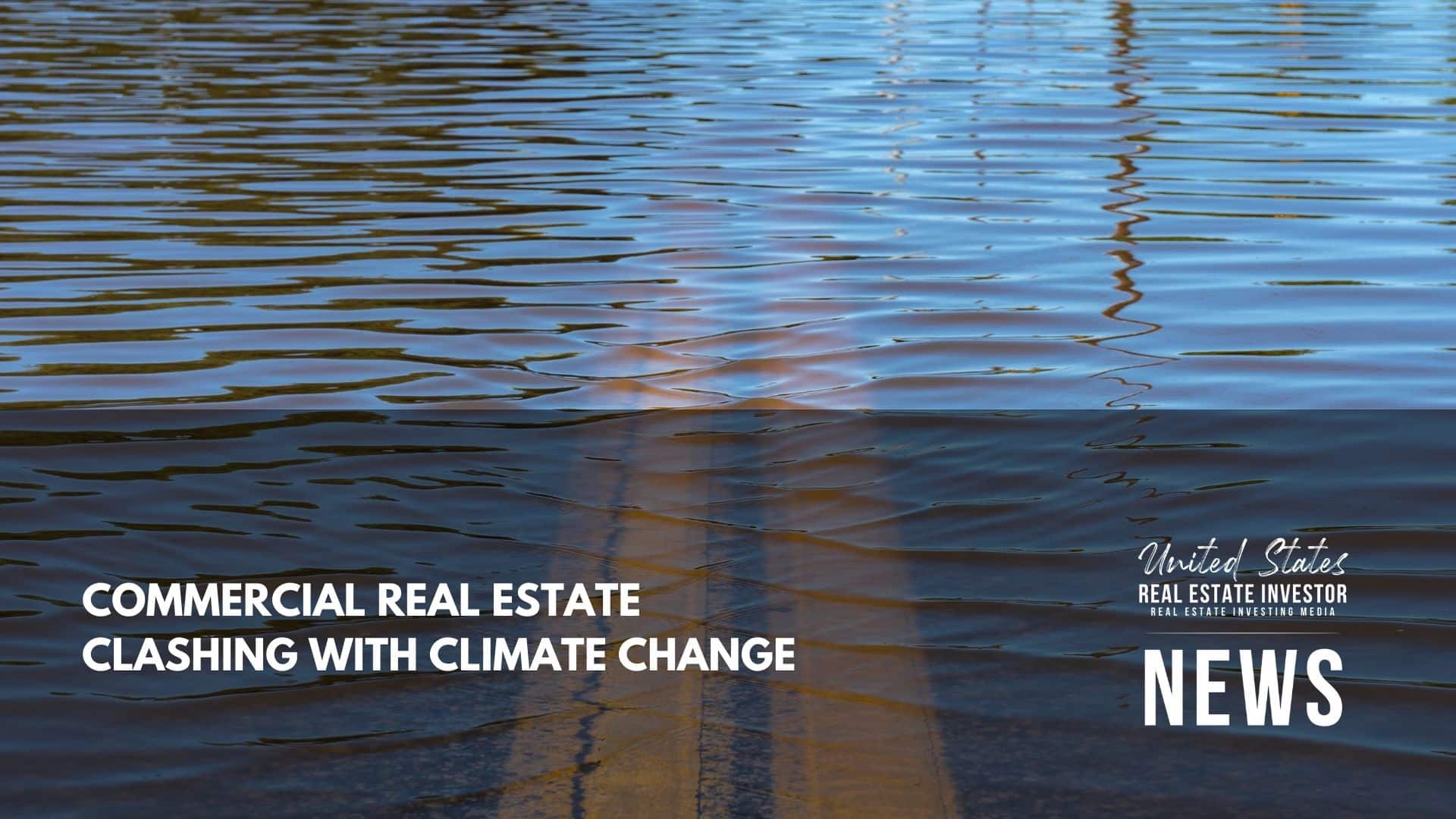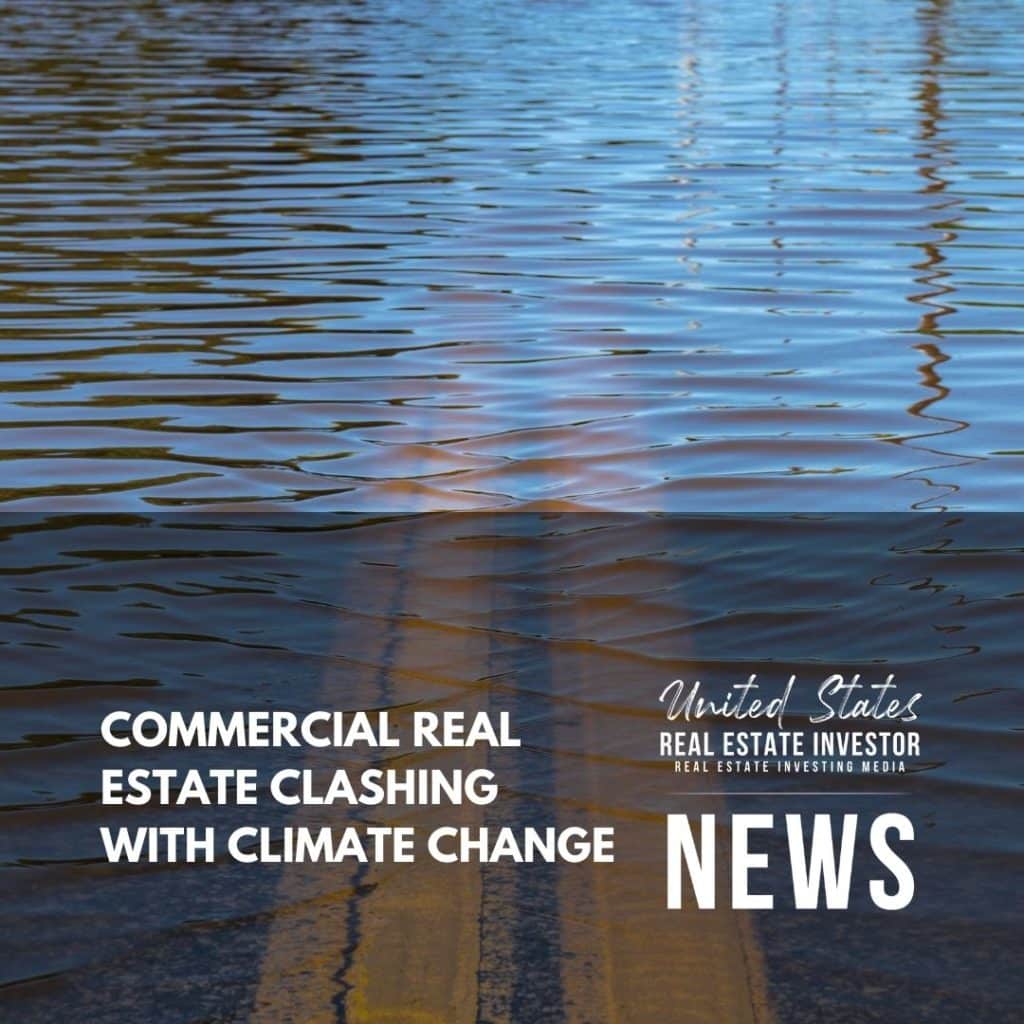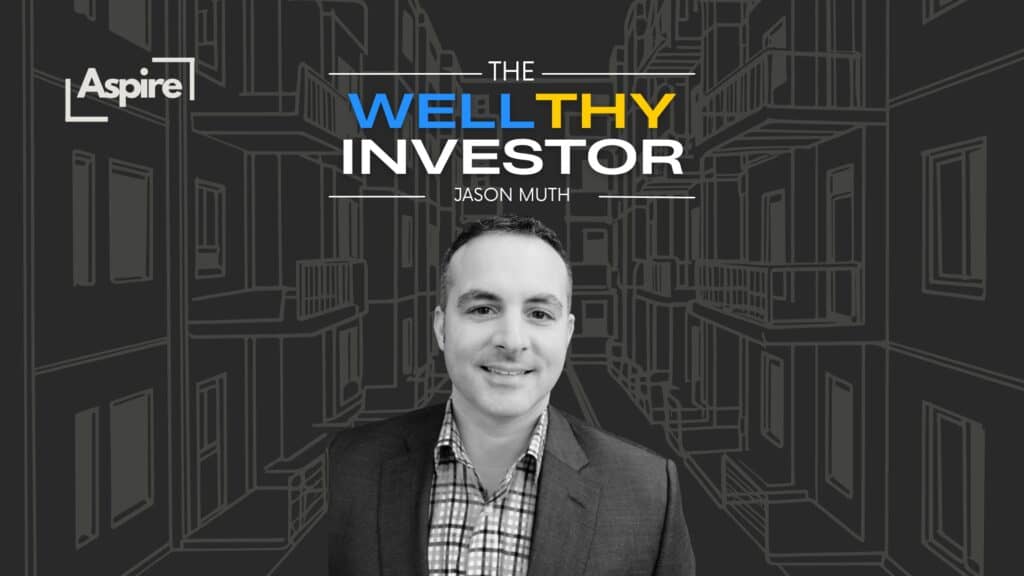
Longhorn Investments
Need funding for your real estate investment deal? Longhorn Investments is professional, reliable, and fast!
Currently serving Texas, Tennessee, North Carolina, Missouri, Alabama, and Indiana, Longhorn Investments, LLC is a direct private lender offering short-term acquisition and renovation capital to real estate investors for both residential and commercial assets.
With Longhorn Investments, you can receive up to 75% of ARV, finance up to 100% of cost, close in 3 – 5 business days, no income requirements, a streamlined, simple approval process, and no prepayment penalty.
Formed in 2008, Longhorn Investments has funded over 4000 loans since its inception and includes complimentary businesses including a title company and real estate law practice.
Longhorn’s wealth of experience puts them in the unique position of being able to help investors throughout all aspects of each transaction.
To get started today and see why Longhorn Investments is the superior lending experience, call and speak to Lawrence Hopkins at 314-749-7616.
That’s 314-749-7616 or visit Longhorn Investments at LonghornInvestments.com.
Longhorn Investments
Hard Money Lending Simplified
Commercial Real Estate Clashing With Climate Change
As climate change continues worldwide, the United States commercial real estate sector is seeing and predicting massive costs in the billions.
Quoting Diana Olick of CNBC, The commercial real estate industry faces an intensifying threat from flooding, which is likely to lead to billions of dollars in increasing costs, a new study says.
Approximately 730,000 retail, office and multi-unit residential properties face an annualized risk of flood damage in the United States. The structural damage from flooding is projected to cost $13.5 billion in 2022, increasing to over $16.9 billion by 2052, according to the First Street Foundation, a nonprofit research and technology group, and global commercial engineering firm Arup.
The research incorporated sea-level rise, but focused more on flash floods, also known as pluvial flooding.
“It absolutely will have an impact on the value of these structures because you’re increasing the risk and the known risks to these buildings, which then has a negative impact on the value of them today,” said Matthew Eby, founder and executive director of First Street Foundation.
“We have companies like Nuveen or Morningstar or these large institutional investors that are looking at our data to understand what’s at risk today and over that period of ownership,” Eby added. “How do you plan against these things or ensure that you’re buying into the right commercial real estate assets?”
First Street partnered with Arup in order to go beyond simple flood risk, which it has already done for residential properties. By matching its flood modeling on commercial properties with Arup’s knowledge of structure and architecture, the two were able to understand the impact of flood risk on each specific type of commercial building in the country. Then they could determine the economic consequences of a flooding event given the specific building type.
“As climate change continues to accelerate, flood risk will pose an economic threat to commercial properties across the country,” said Ibbi Almufti, the leader of Arup’s risk and resilience team in San Francisco. “This new report will serve as a guidebook for understanding building-specific risk and for taking action to mitigate the effects of climate change.”
They also factored in the downtime damage estimate, as in how long the building would be inoperable after a flooding event, given the specific structure.
The researchers also put a price tag on potential damage to come that factors in the damage to local economies and productivity. The cost of that impact is expected to grow to $63.1 billion in 2052 from $49.9 billion in 2022 due to worsening flood risks associated with climate change, according to the report.
In total, local businesses in the United States stand to lose the equivalent of 3.1 million days of operation next year alone. By 2051, that could grow to 4 million. That would, in turn, increase the economic impact from lost productivity and lost output for all these properties.
Last year, First Street partnered with Realtor.com to put a flood score on every house in America. That score could warn homeowners who might not have flood insurance that they should consider getting it. Federal flood maps are often outdated, and until very recently did not factor in the effects of climate change.
The nation is seeing far heavier rainfall now, because as the atmosphere warms it holds more water. The remnants of Hurricane Ida unleashed unprecedented flooding in the Northeast, costing billions of dollars in damage and resulting in nearly 50 deaths.
The risk of flooding to commercial real estate affects not only the property owners and the tenants of the buildings, but the investors in those properties.
“The people that actually own these buildings are your average American in a 401k plan, or these commercial real estate investors that own these $100, $200 million buildings,” said Eby, who added that once they see that risk now and into the future they can better understand how to mitigate the risk and potential costs involved.
quick content suggestions
Ways For Investors To Leverage Real Estate During Inflation
https://www.forbes.com/sites/forbesbusinesscouncil/2021/12/13/ways-for-investors-to-leverage-real-estate-during-inflation/?sh=6317107b38c4
news notes
Commercial Real Estate Faces Increasingly Steep Costs From Flood Damage For The Foreseeable Future, Study Says
https://www.cnbc.com/2021/12/13/commercial-real-estate-faces-13point5-billion-in-flood-damage-in-2022-report.html
No related posts.







































